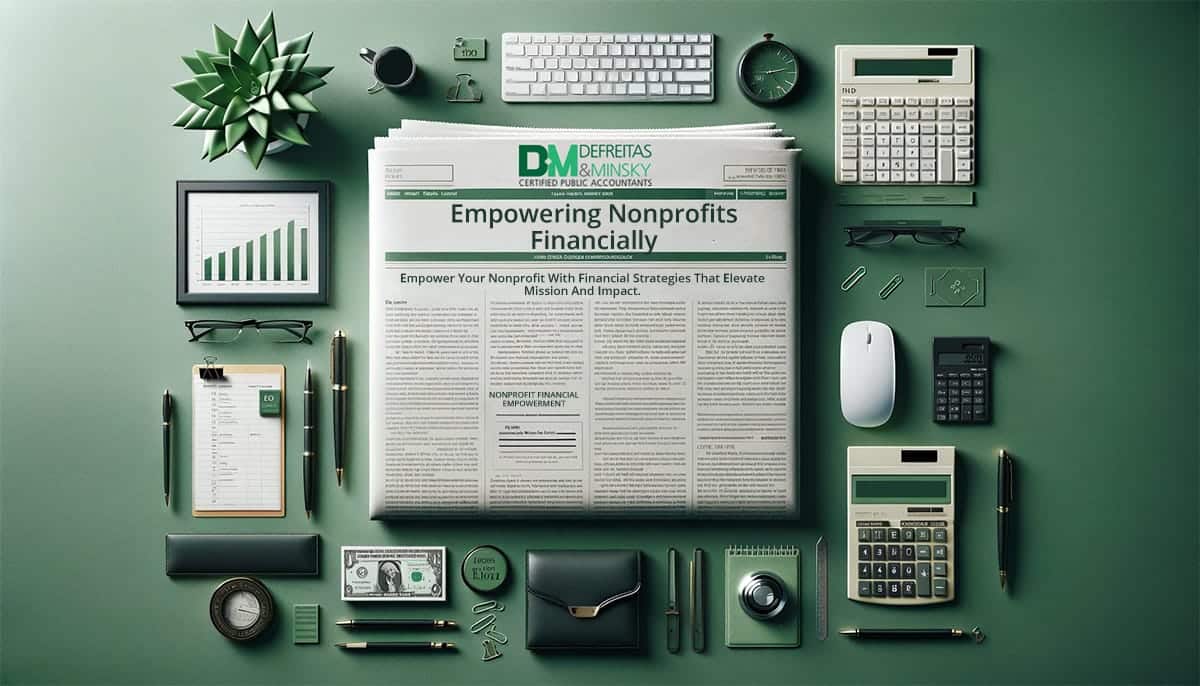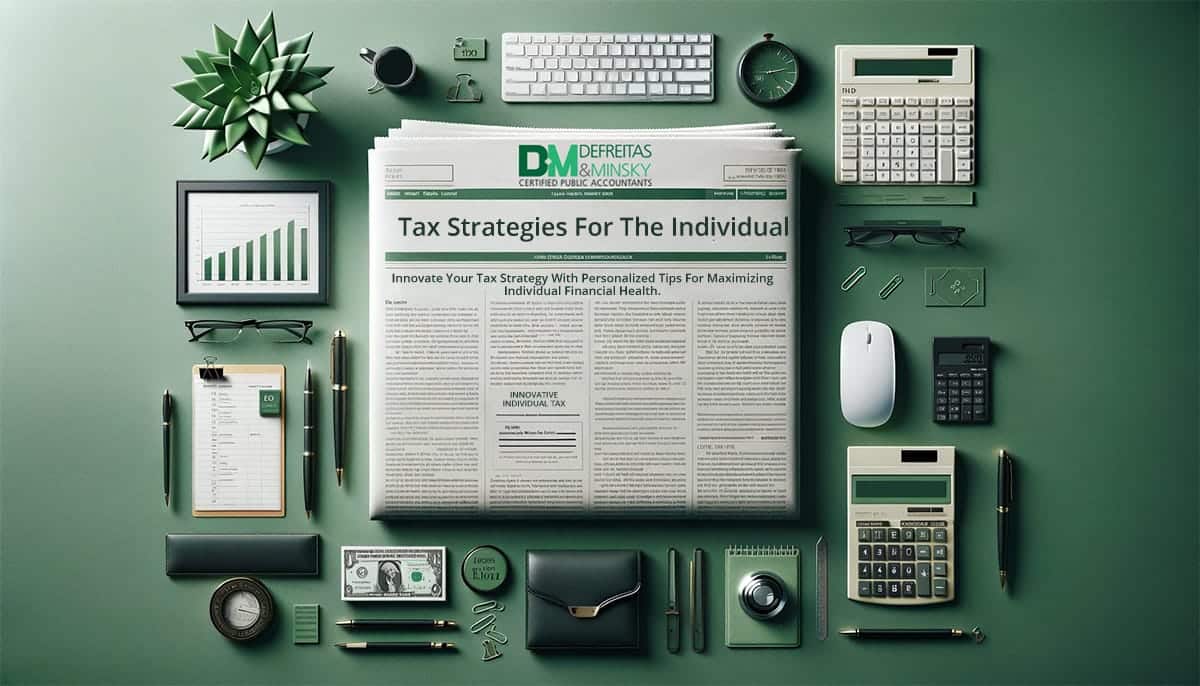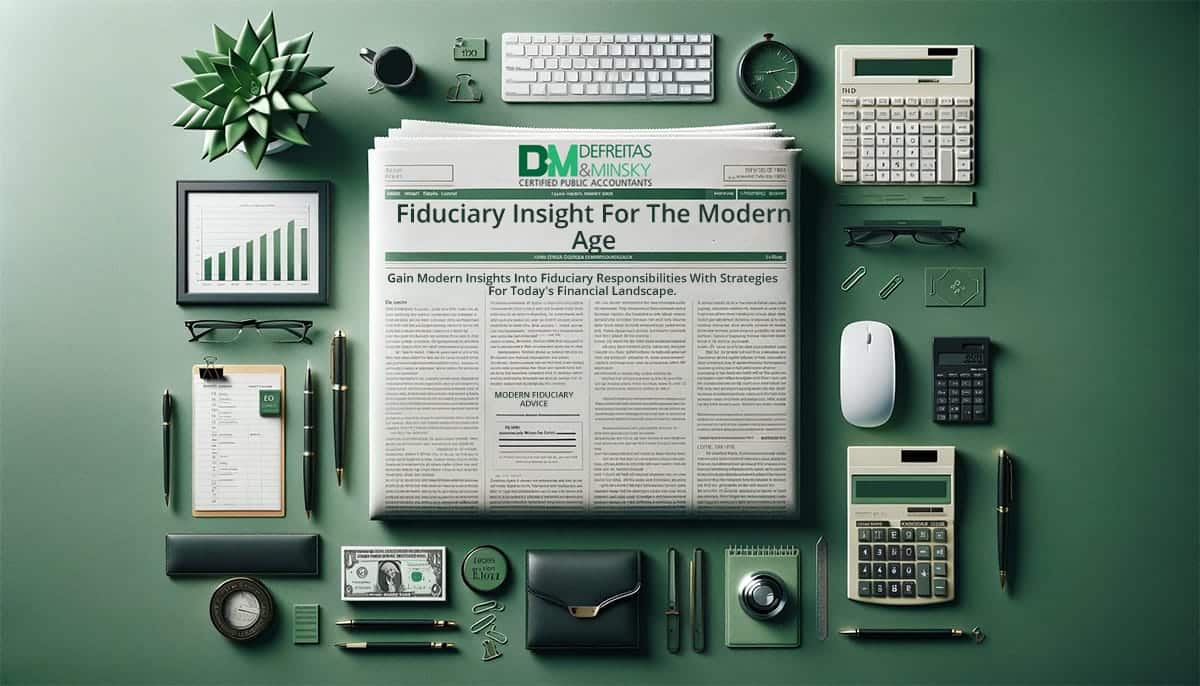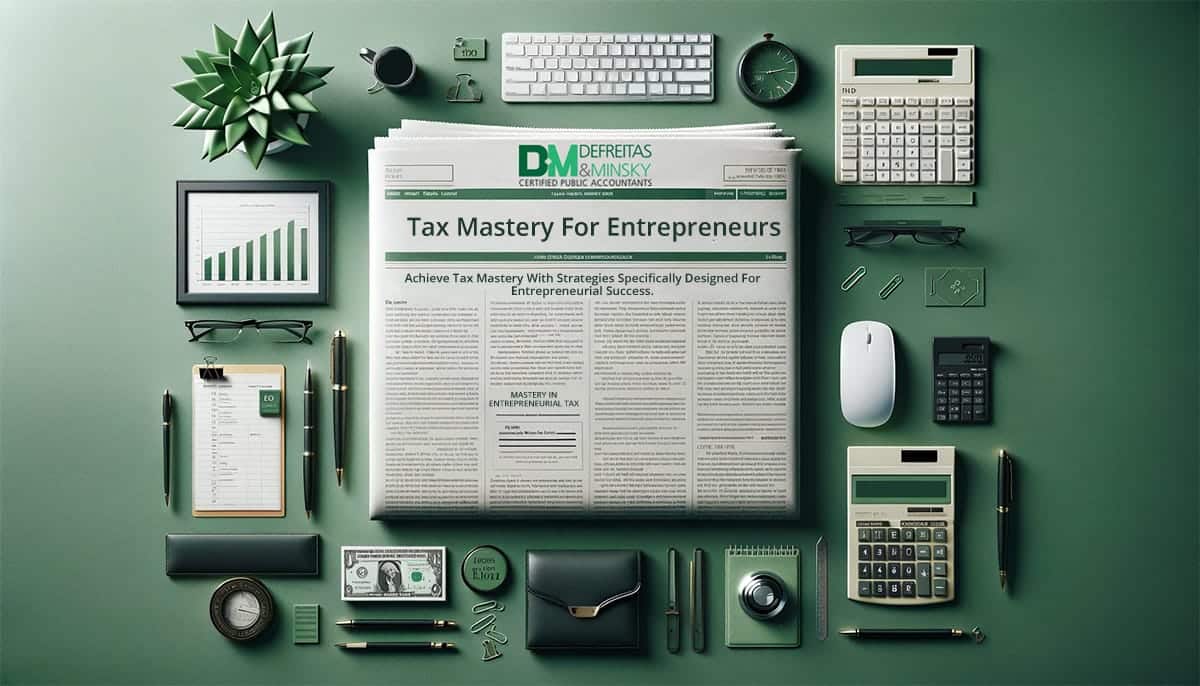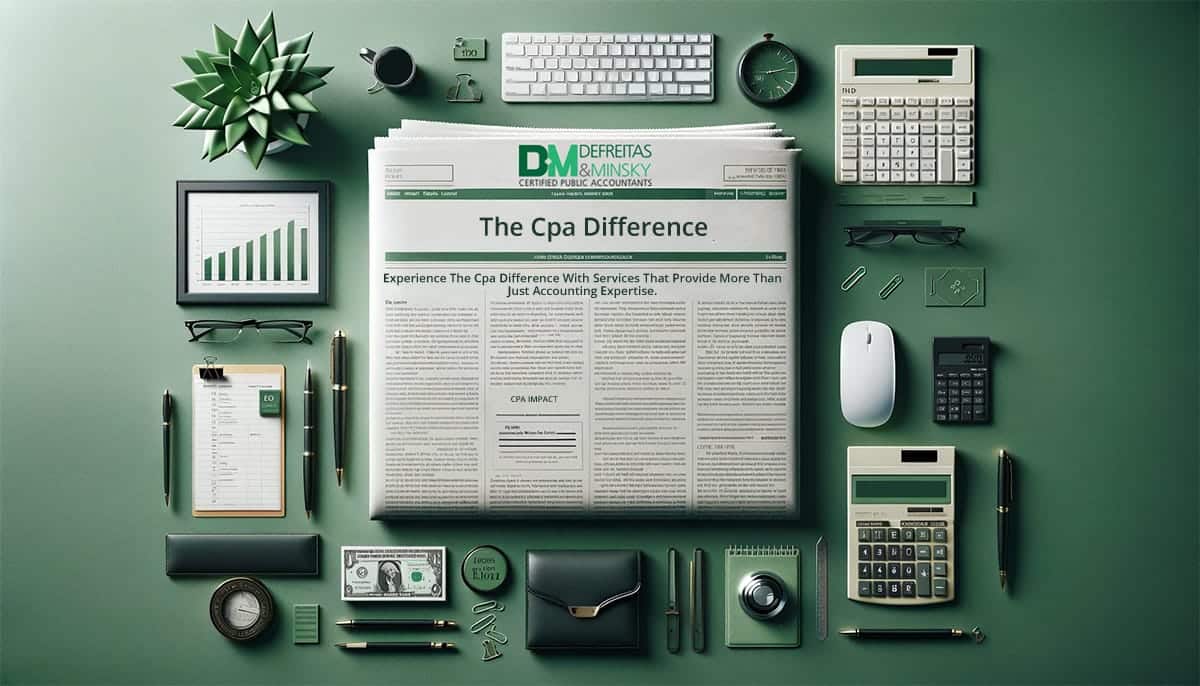Are you in the business of buying and selling real estate? Tired of paying out your gains at tax time? Let us introduce you to the 1031 exchange!
Usually, when you sell a business or investment property and have a gain, you have to pay a tax on that gain at the time of the sale. With a 1031 exchange there is an exception that allows you to postpone paying taxes on that gain if you reinvest gains into a similar property in a like-kind exchange.
To help you save at tax time and reinvest your gains we will explain key aspects of a 1031 exchange, who qualifies for a 1031 exchange and what a like-kind exchange involves.
Key Aspects of a 1031 Exchange
It must be an exchange of properties
- Simplest type is a simultaneous swap of one property for another
- Deferred exchanges are a little more complex, allowing you to dispose of a property and, at the same time, acquire one or more like-kind replacement properties
- To qualify for a 1031 exchange and avoid a taxable transaction, a deferred exchange must be distinguished from a taxpayer merely selling a property and using the proceeds to acquire another property.
- In a deferred exchange, the language of the exchange must specify that both the relinquishment of your property and the acquisition of another property are dependent on each other. And, that the acquisition is a replacement for the relinquished property.
- When the like-kind exchange is not a simultaneous property swap there are two time limits that must be met or the entire gain is taxable.
- 45 days from the date that the relinquished property is sold the replacement property must be identified. The replacement property must be clearly described including legal identification, street address or distinguished name.
- The exchange must be received and completed no later than 180 days after the sale of the relinquished property.
- The property that is acquired must be substantially the same as the property identified at the 45-day limit described prior.
Who Qualifies for the 1031 Exchange
- Individuals
- C Corporations
- S Corporations
- Both General and Limited Partnerships
- Limited Liability Companies
- Trusts
What is a Like-Kind Exchange
In order to qualify as a like-kind exchange both the property relinquished and the replacement property must meet certain requirements. They must be …
- held for use in trade or business, or for investment
- similar enough to be considered “like-kind”
- a property the same in nature, character or class
It is not considered a like-exchange if the property is used for personal use (a primary residence, a second home or a vacation home).
When buying and selling real estate you always want to make the most out of every transaction. Utilizing a 1031 exchange can cushion the impact of taxes on your gains. If you need help understanding how you taxes will be impacted by your investment property, call the tax professionals at


